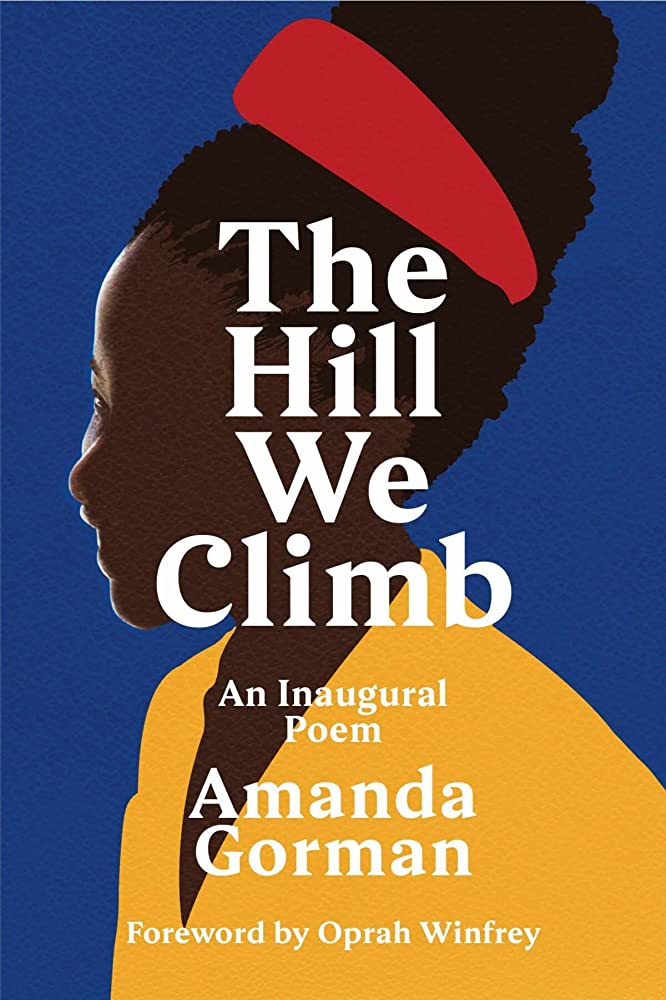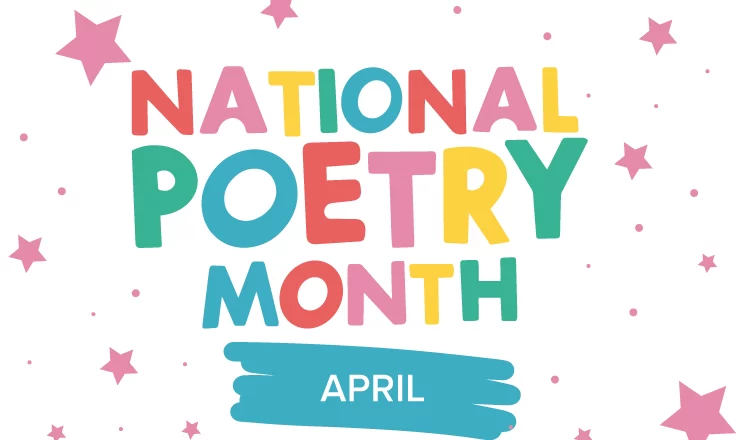Every April in the United States, poetry is celebrated in its many forms through National Poetry Month. A classic form of literature that has been used for centuries, poetry is beloved for its expressiveness, open-ended nature, and elegance. Different readers can interpret the same poem in an infinite number of ways. As such, it’s a wonderfully compelling form of literature for both teachers and students alike to enjoy.
Poetry can be used to express ideas about a diverse variety of topics. Poets may write about anything, including social justice issues, love, and nature. Additionally, no two poets approach a topic the same way. Amanda Gorman’s “The Hill We Climb” and Walt Whitman’s “Song of Myself” both seek to unify humanity and cultivate acceptance, yet the poets go about this with two incredibly different methods.

Poetry differs from other kinds of literature for many reasons. Compared to prose, the lines of a poem tend to be denser with meaning. This gives the reader more to unpack. Furthermore, poetry is often more decorated than prose, allowing the poet to demonstrate emotions in a more artistic manner. Because poetry does not have to follow strict grammatical rules like other types of literature, writers have more freedom surrounding word choice, usage of poetic devices, punctuation, and line breaks. All of this makes poetry a wonderfully rich and vivid style of literature.
In recent years, poetry has taken on a larger role within the GA community. The Roberts Family Library regularly hosts poetry readings, often centered around a particular subject or community—such as Black History Month, Pride Week, and Women’s History Month. A myriad of students and faculty participate in these readings. Not only do they help increase awareness of poetry within the community, but they allow specific groups to express themselves and share meaningful works relating to their heritage or history. This contributes to the broader mission of diversifying our school, and it gives poets from minority communities increased exposure within the student body.
Incorporating poetry into GA’s culture has also served to further expose the community to the form of literature and encourage support for new poets. Attending a poetry reading may spark a student’s interest in a poet they had never heard of before—or it may make a student who did not previously enjoy poetry discover a new interest. All in all, poetry holds a growing significance in GA’s culture, serving as a vehicle for diversity in expression and identity.

